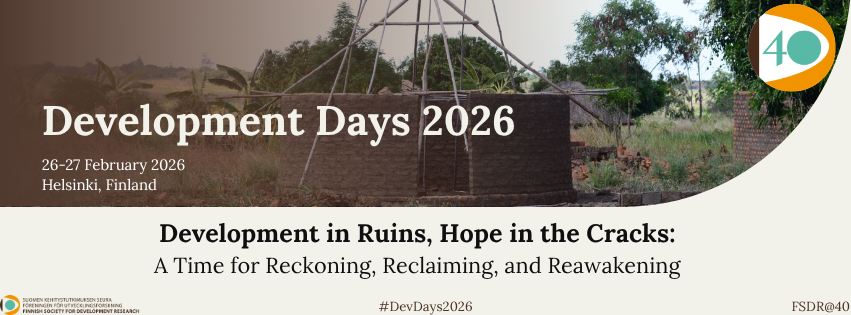Reimagining Political Participation in an Age of Geopolitics: Southern Experiences
Coordinators: Henri Onodera, University of Helsinki; Karim Maïche, University of Lapland
Abstract: We are living through a transformative period marked by deepening global inequalities, the resurgence of authoritarianism, accelerating environmental crises, and the shrinking of civic spaces. The mid-2020s have witnessed a series of disruptive events and geopolitical shifts—including the waning influence of the United States and the European Union, intensifying climate emergencies, armed conflicts in Ukraine, Palestine, and Sudan, as well as inter-state tensions across Africa and beyond. These developments have hastened the erosion of the U.S. hegemonic global order and cast doubt on the resilience of institutions such as the United Nations.
In response, many states in the Global South are reconfiguring their international alliances through a policy of active non-alignment. They privilege their national interest refusing to take sides between the great powers. Increasingly, they are turning toward illiberal powers—such as China and Russia—as alternative sources of funding and strategic partnership for domestic development and governance. This geopolitical realignment raises pressing questions about the evolving conditions of democratic practices, political participation, and civil society in the Global South.
This working group invites critical reflections on how these global transformations are reshaping the possibilities and constraints for political participation. How are civil society actors navigating the decline of liberal internationalism and the rise of alternative global paradigms? What new configurations of civic (dis)engagement are emerging? What normative frameworks and value systems underpin activism and the pursuit of a more equitable future? These questions are central to understanding the future of democracy and civil society in an increasingly multiplex world.
We welcome contributions that explore these questions through empirically grounded, context-specific analyses. In particular, we aim to foster dialogue on how new social constellations and civil society formations are being forged in response to the changing geopolitical landscape.
